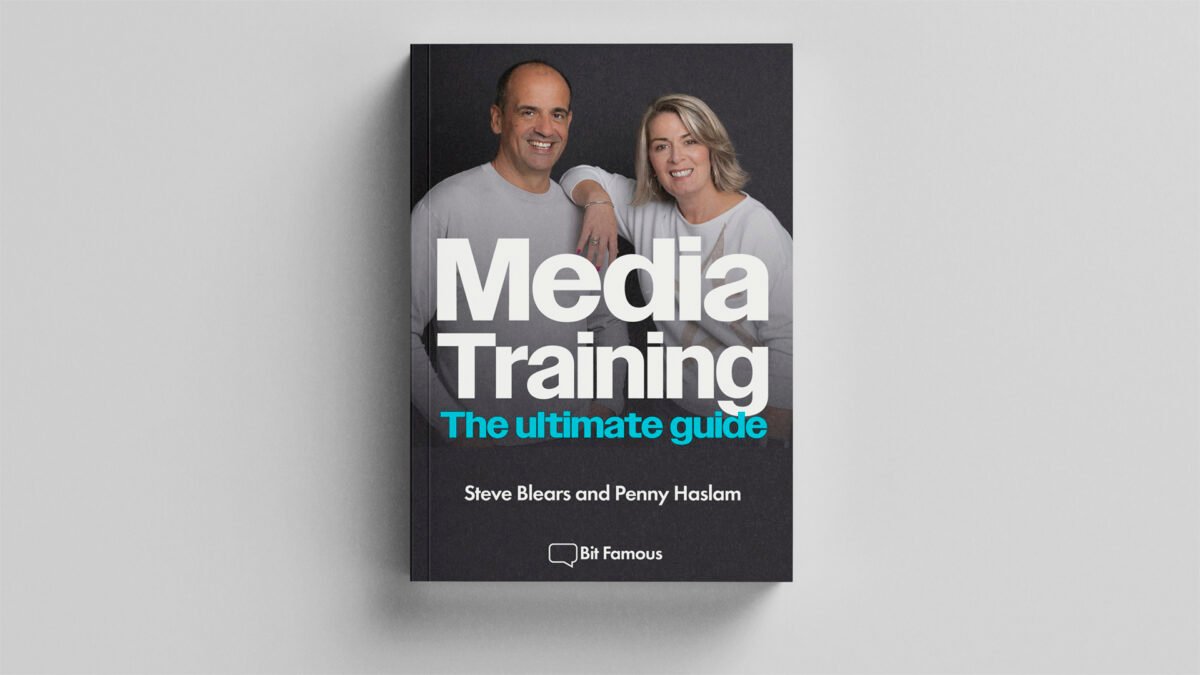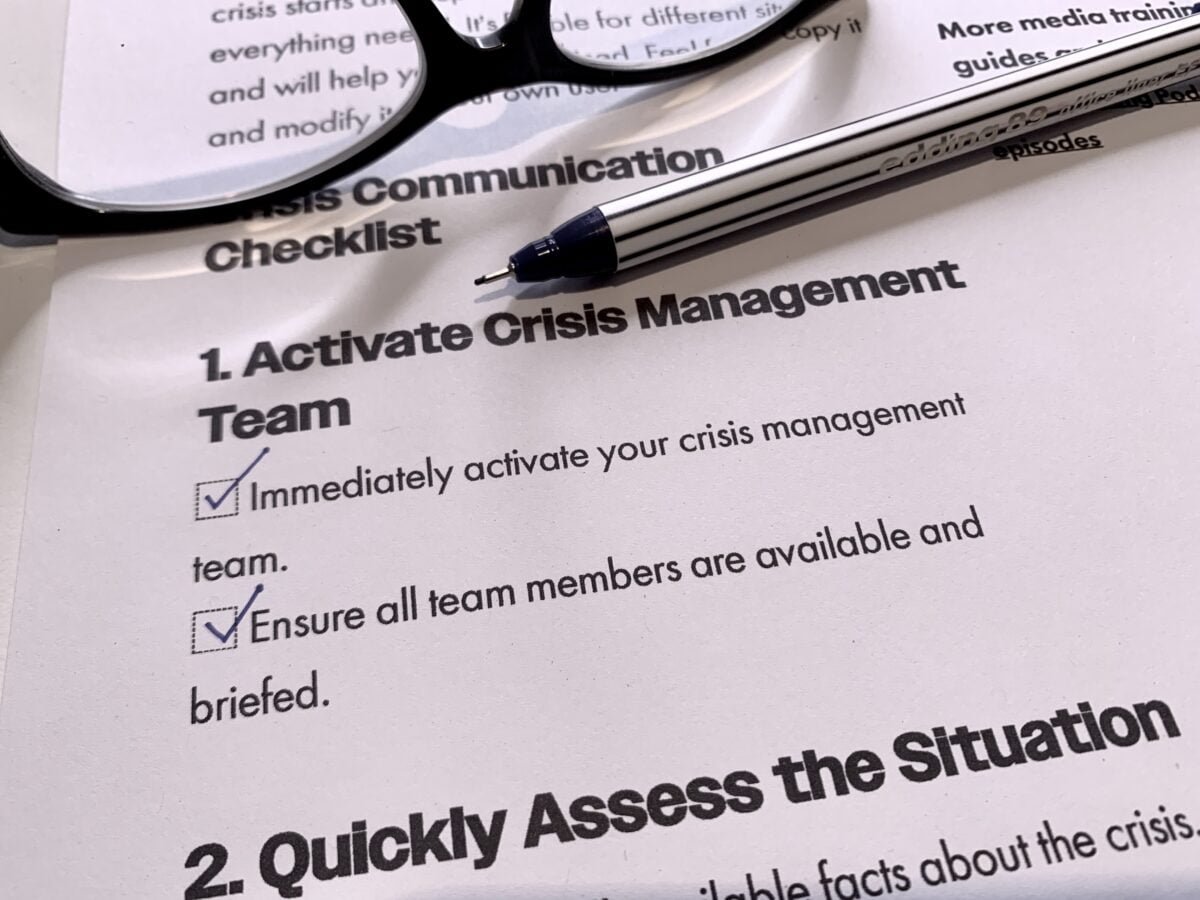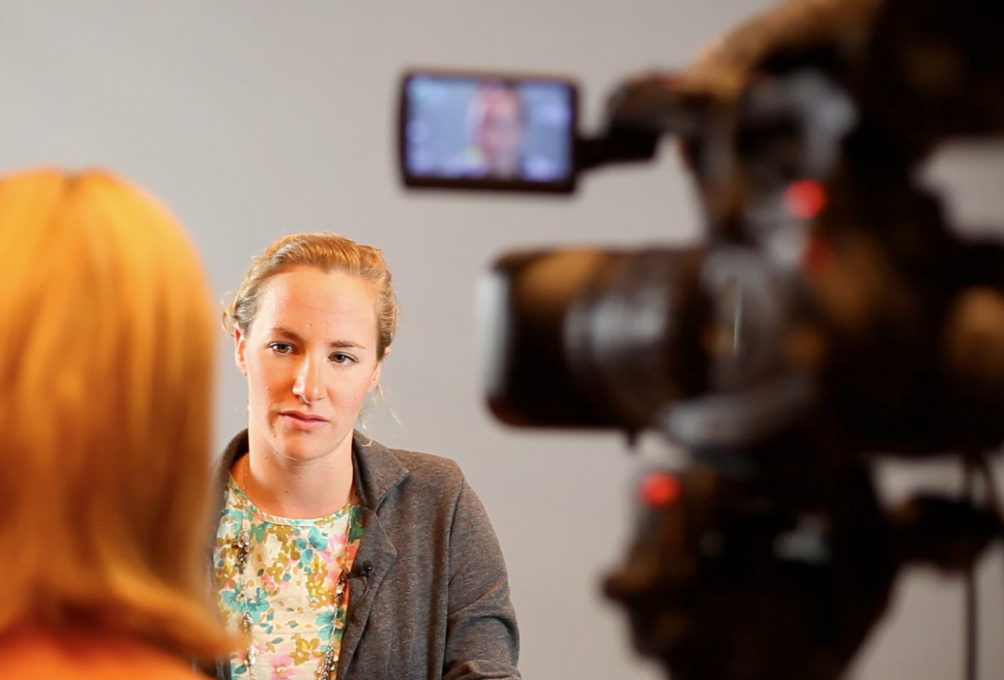Media training book
Media TrainingBook a no-obligation discovery callMedia training book. We’re thrilled to give you an early preview of our upcoming book, Media Training – The Ultimate Guide. This practical and no-nonsense resource is designed to help you face the media with confidence and credibility. At Bit Famous, we specialise in practical, supportive and low-stress media training that will help you share …





